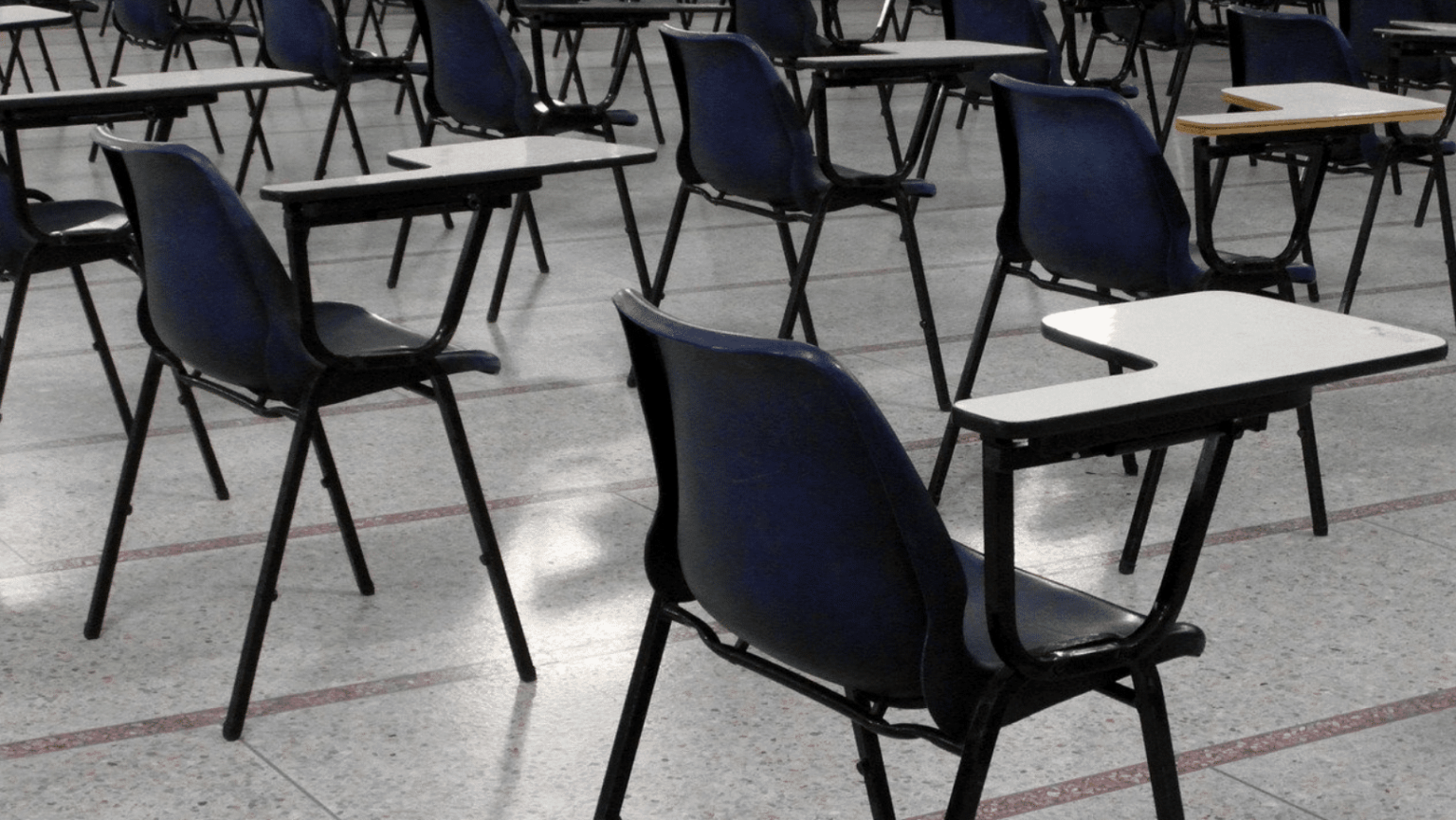Colorado Business Leaders and Voters Agree: We Need Student Assessments in 2021
We don’t have data on how COVID-19 has impacted learning loss in Colorado and that should concern us all.
The shutdown of schools caused by the pandemic has resulted in a myriad of challenges for learners, from rising rates of depression and anxiety, to a loss of essential, school-provided meals, to pressure on families from lack of childcare, leading some youth to take on the responsibility of caring for younger brothers and sisters at home. But the most obvious reason we send kids to school – to learn – is an area in which, it turns out, we have little statewide data on the extent to which the disruption of the last year has had an impact.
It’s urgent that we hold K-12 statewide assessments this year, not to punish teachers or school districts for learning loss, but to better understand the impacts of COVID-19 on our students so we have the information we need to funnel resources to the kids that need it the most and set up our economy for recovery.
Those who are experiencing it first-hand, or even just keeping tabs on news headlines, are keenly aware that the transition to remote learning has been incredibly challenging for educators, students, and families. And we also know that this is disproportionately impacting low-income students and students of color. While more affluent families have resources to hire tutors, pay for pandemic pods, and take other action to supplement student learning, less-resourced families do not have the same opportunity. This will only exacerbate already-present achievement disparities.
If we truly care about student learning and ensuring equity in our education system, we need to hold assessments this year to understand and address the extent of COVID-19’s impact.
Understanding and addressing learning loss also has important implications for Colorado’s economic recovery. Models by McKinsey & Company estimate that the average K-12 student in the United States could lose $61,000 to $82,000 in lifetime earnings from COVID-19 learning loss, and low-income students and students of color are expected to bear the brunt of these impacts. In addition, greater educational attainment has been associated with improved health, reduced likelihood of incarceration, and increased political participation.
It’s clear that waiting to get data on how students have been affected by the pandemic is not an option if we want to ensure economic stability for students long-term and a successful Colorado economy.
Those opposed to holding state assessments this year say that attempting to do so is counterproductive. A recent article published in Colorado Politics cited the Colorado Association of School Executives, a group that represents superintendents, as arguing that administering tests would be too logistically difficult, and that results would not be able to be compared across students – as they are experiencing different circumstances at home.
However, the disparities between student circumstances give us all-the-more reason to test. The state assessments are our only available measurement tool to compare how students are doing statewide, and to drill down on how different demographics are faring. To put it simply, you can’t fix what you can’t measure. And imperfect data is better than no data at all, especially when it affects the future success of our young people.
When it comes to the logistical barriers, we must tap into the innovative minds that exist in our great state to make it happen. There simply is no time to waste.
In Governor Jared Polis’ words, “The first step to helping our students recover is to understand the gaps that exist across the state. We believe that these critical measurements will help us build back stronger for Colorado’s students.”
As it turns out, Coloradans support administering statewide assessments this year to understand learning loss. In a recent poll conducted by Keating Research, voters identified the most important issue facing public schools as student learning loss due to the pandemic. Also, when proposed that statewide tests only be used to determine the extent of learning loss and to identify district trends, 62% of Coloradans support doing so. And majority support holds regardless of political affiliation, gender, age, income, and region.
From the business community, the call to action is made clear by Marco Abarca, President of Ready Foods: “In business, we build strategy based on data. When it comes to learning loss during COVID-19, it’s critical that Colorado takes that same approach. An understanding of how students are doing statewide is necessary to build targeted solutions that will ensure kids aren’t left behind. It won’t be easy and will require innovation, but I think Coloradans are up to the challenge.”
If there was ever at time to innovate, it’s now. We must all roll up our sleeves and take action to understand where the learning loss has occurred, which students and districts need resources the most, and equip parents with the information they need to support their kids – and holding end-of-year statewide assessments is the first step.

